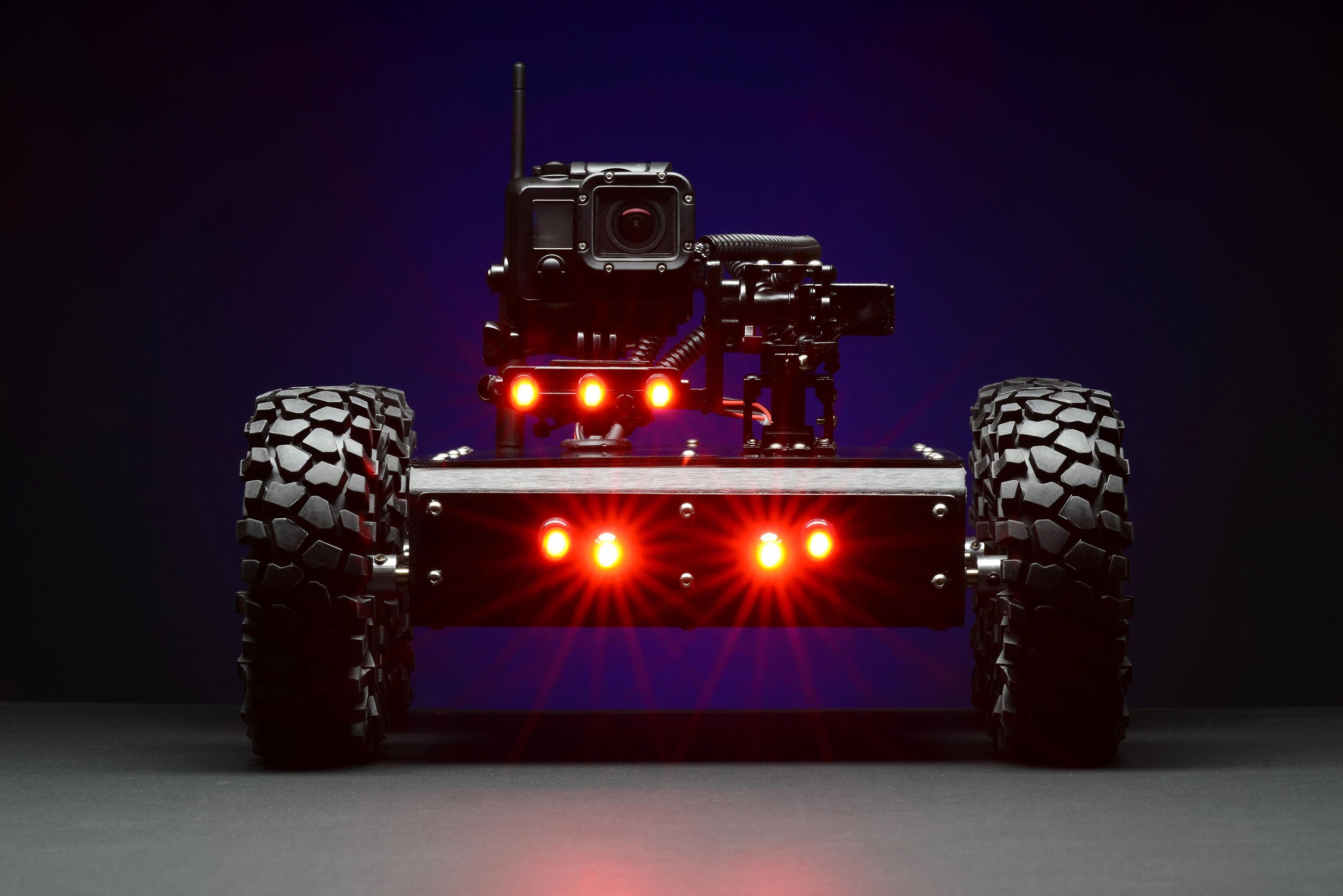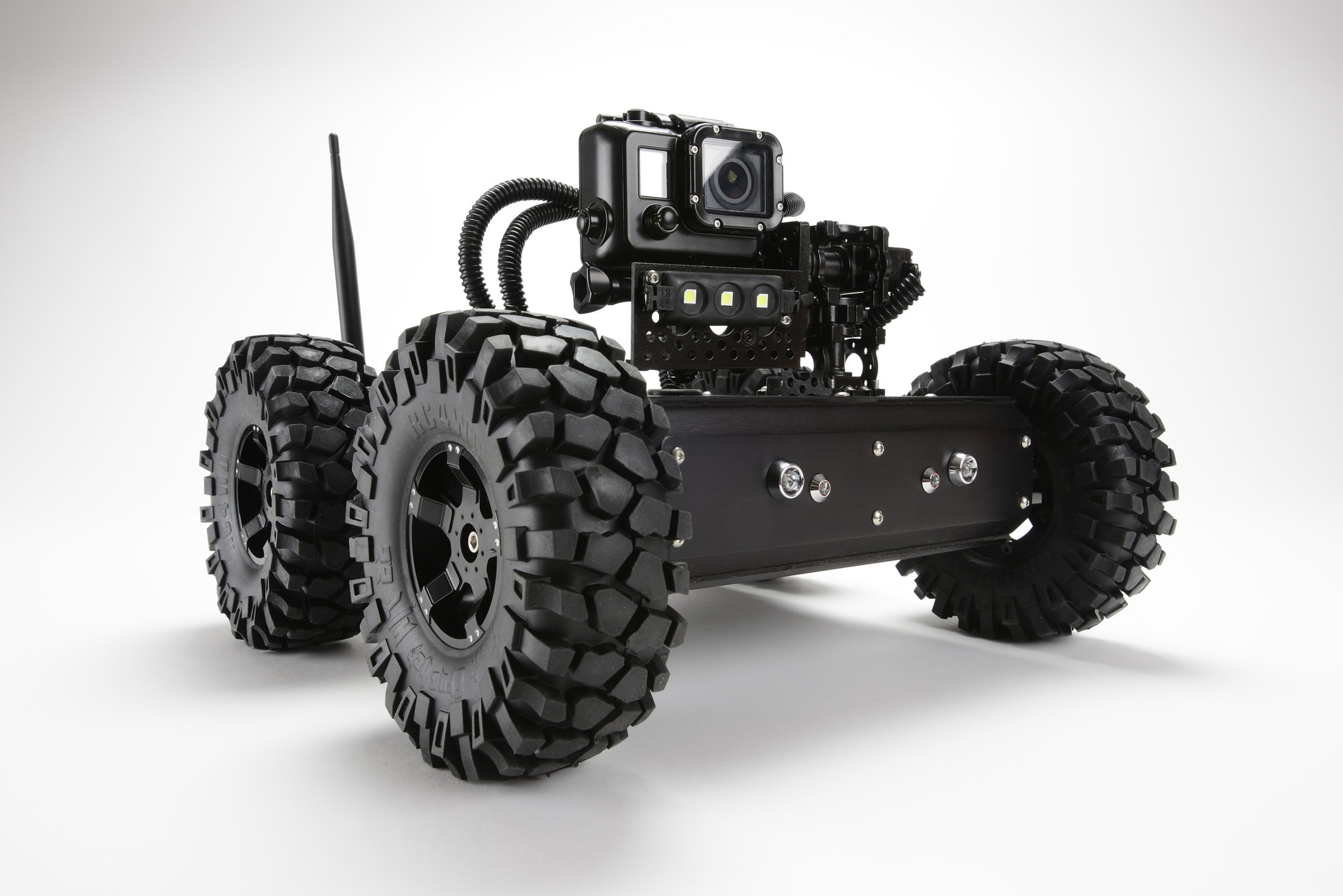5 Benefits of Using a Building Inspection Camera for Modern Construction
Technology transforms techniques across every industry - and construction is no exception. Today, advanced building inspection cameras help contractors execute quality site surveys to identify issues early.
Equipped with high-res optics, durable mobility, and specialty lighting, these hardy crawlers capture imagery that other manual methods would miss. Videos grant precise project clarity too complex to relay in basic notes or static photos.
Here are 5 top reasons integrating an inspection camera benefits modern construction operations:

Access Hard-to-Reach Areas
Today's complex structures feature confined spaces human eyes can't access - thin wall cavities, tangled plumbing runs, and narrow ventilation points. But handy, compact inspection robots designed by companies like InspectorBots can.
Rugged crawlers withstand dirty, damp environments, remaining operational despite dust, debris and water exposure during crucial investigations. Their flexible mobility also handles tough terrain - even stairs! - without disruption.
These unique access abilities provide rare visibility into build flaws otherwise hidden from plain view during manual walkthroughs.

Increased Safety and Reach
Improved safety and access are one of the main advantages of the application of a Building Inspection Camera for examining construction sites. Common inspection techniques require human entry into confined spaces that could present dangers, such as crawl spaces or working in pipelines.
However, the work of the inspectors maneuvering through such places is simplified by using a Crawl Space Robot or a Pipeline Inspection Camera, while protecting their lives in the process. This definitely not only ensures worker safety but also enables inspection in otherwise unreachable or dangerous parts.
Time and Cost Efficiency
Applying an Inspection Robot during construction projects can minimize the time and cost associated with manual inspection concerns. The platform represents a robotic system aimed at the fast and full coverage of large areas, providing real-time feedback and detailed inspection by images or video recording of the inspected area. This translates to less time on scaffolding, ladders, and manual labor, reducing overall project costs and timelines.
Enhanced Accuracy and Detail
The precision and detail that a Robotic Home Inspection provides are simply unmatched. These gadgets have high-resolution cameras and sensors recording every small detail, thus not a single defect or issue is left out. An Industrial Inspection Robot, on the other hand, can meticulously document and examine every detail of a structure compared to the human eye where minor flaws could be easily missed or be obscured by lightness or darkness.
Elaborate Reports and Documentation
Finally, upon the application of Inspection Robots, it could be made possible to provide elaborate reports and detailed documentation. These devices could save and organize the data from each inspection so that the whole record is saved in a way to be well organized, ready to be consulted at any moment for future use or management. Such a level of documentation is invaluable to the property owners, managers, and engineers that can refer back, tracing clearly the history of the state of the building through time.
Ready to Enlist Inspection Support?
As construction tackles greater complexity, inspection cameras pull their weight - accessing off-limit spots, capturing finer details, boosting safety, delivering neutral feedback and facilitating progress through streamlined communication.
Integrate durable, feature-packed units like InspectorBots into your quality assurance toolkit, taking site clarity to the next level while protecting personnel.
Contact a product specialist today to match custom-built bot models with your unique inspection needs for consistent quality builds.
Comments
Post a Comment